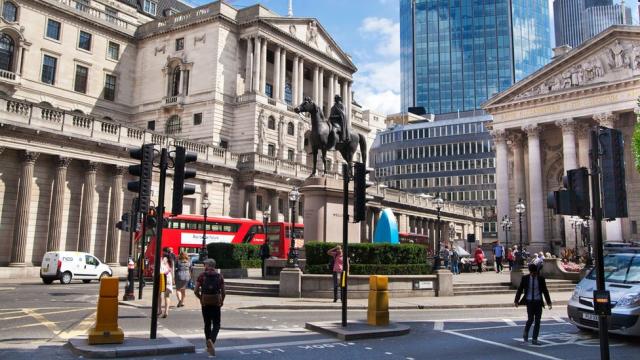Record tax payments in January give UK unexpected boost
In January, the UK government reported an unexpected surplus in its finances, despite significant spending on energy bills and EU payments. This was due to higher-than-anticipated self-assessed income tax receipts, which bolstered the country’s coffers and resulted in a surplus of £5.4bn.
Although the government is due to present its Budget next month, economists noted that the public finances are still weaker than they were at this time last year, so the figures present a “mixed picture.”
Martin Beck, the chief economic advisor to the EY ITEM Club, which is a UK economic forecasting group, said that the figures provided some positive news for Chancellor Jeremy Hunt to work with in his Budget. He added that the fall in wholesale energy costs meant that the government’s spending on bill support “will be a fraction” of the official forecast.

However, Mr Beck also noted that because the government’s fiscal rules concerning debt relate to five years in the future, short-term movements in the financial position “don’t have much bearing” on policies.
Despite public borrowing being £30.6bn less than predicted by the Office for Budget Responsibility (OBR) so far this financial year, Mr Hunt cautioned that the country’s debt remains at its highest level since the 1960s.
“It is vital we stick to our plan to reduce debt over the medium term,” he added.
“Getting debt down will require some tough choices, but it is crucial to reduce the amount spent on debt interest so we can protect our public services.”
‘Considerable expenditure on energy bills’
The Office for National Statistics (ONS) has stated that the government typically collects more in tax than it spends during the month of January, owing to the significant amount it receives in self-assessed taxes.
However, most economists had predicted that borrowing would increase this time around, largely due to the considerable expenditure on supporting households with their energy bills.
The government is currently capping the average household energy bill at £2,500, which will increase to £3,000 in April due to the high cost of the scheme.
Additionally, the ONS stated that the government had to make “large one-off payments” in January relating to historical customs duties owed to the EU.
However, a surplus in public finances was achieved due to a surprise increase in self-assessed income tax payments, amounting to £21.9bn in January – the highest figure for the month since monthly records began in April 1999.
Nevertheless, the surplus in January was £7.1bn less than in the previous year, and interest payments on government debt reached the highest amount for the month since records began in 1997.
The ONS explained that the increase in debt repayments, which amounted to £6.7bn in January, was primarily due to inflation.





